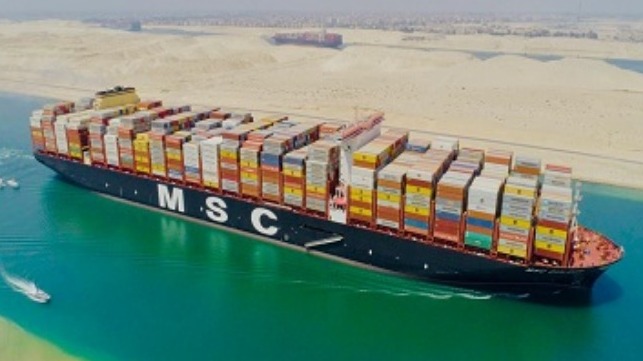The surge in piracy and seaborne crimes within the Gulf of Guinea whilst the nation prepares to participate in the African Continental Free Trade Area (AfCFTA) begs the need for guided policies from the government on the blue economy, maritime industry players have said.
At a stakeholders’ forum in Tema, they unanimously tasked government to resource the various regulatory and supervisory state agencies in the sector to provide a safe and secured environment for trade.
Specifically, they implored the government to invest heavily in the operations of the Ghana Maritime Authority (GMA), the state agency that has been entrusted with the safety and security of the nation’s territorial waters for trade and other sea-borne ventures.
They also demanded policy directions that will finetune the various port reforms, expand the industry and ensure job security of workers.
“Realising workable long-term infrastructural projects and commercial activities to drive national growth will require a de-risked environment that can attract investors,” they argued.
Though piracy overall has decreased globally, the Gulf of Guinea—which borders more than 3,700 miles of West African coast, between Guinea and Angola—now accounts for 90 percent of maritime kidnappings in the world, according to the International Maritime Bureau.
The region has re-emerged as the global piracy hotspot, accounting for the bulk of global kidnappings reported at sea in 2019, following an alarming increase over the past year, with the number of crew taken increasing by more than 50percent to 121, according to the bureau.
As at the first quarter of 2020, the Gulf of Guinea had recorded 21 piracy attacks out of the 47 global attacks reported to the IMB, up from 38 in the same period last year, mostly targeting tankers, as well as container ships and bulk carriers.
“We want to see the commitment of the central government in terms of resource allocation to the GMA to enable them to empower the Ghana Navy and Marine Police to tackle the threats of piracy on our territorial waters,” Samson Asaki Awingobit, Executive Secretary of the Importers and Exporters Association of Ghana, told Business24 in an interview.
With Ghana’s trade in the continental going to be seaborne, Mr. Asaki emphasised that the security of the nation’s territorial waters was paramount to its successful participation in the AfCFTA.
“We are now talking about the AfCFTA, but how is that going to be successful if our maritime domain is not well developed. What are the policies in place to cushion potential exporters? he queried.
The one-day forum also called for an end to the consist policy somersaults in the sector whenever there was a
change in government.
www.thebusiness24online.net
